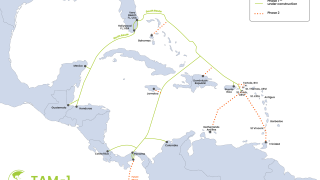Baker describes Wangiri as a traffic pumping fraud similar to International Revenue Share Fraud. A person receives a phone call that rings once on their phone, only for the call to abruptly terminate. The phone user notices the missed call and as a courtesy makes a return call. That return call is sent to a high-rate international destination where there’s nobody on the other end of the line except a IVR machine whose job is to keep the person on the phone for as long as possible.
Wangiri is fairly simple to execute and is an opportunistic scam, he described, costing the carrier industry between $8-10bn a year, citing research provided by the Communications Fraud Control Association (CFCA).
Baker said: “The fraudsters are a bit like the lions who hunt the wildebeest prey on the Serengeti plains. The lions are less inclined to chase healthy wildebeests because they can sustain speeds of 55 MPH for long periods of time. They’ll rather go after the much slower young or older wildebeests or those who’ve been injured -- the stragglers, in other words.
“Fraudsters think the same way,” he continued. “They are patient and careful about exactly which telecoms they target in their attacks.”
You can listen to the podcast below. A full length version can be seen on Capacity Media’s BrightTalk channel.
The Fraud Summit will also release a podcast and webinar series on five key topics that will predominately feature at the live event: Driving behavioural standards; Advanced technologies, operations and Infrastructure; Fraudulent traffic pumping; Voice fraud, and Mobile fraud. The podcast and webinar episodes will be made available on BrightTalk and the Capacity Media website, as well as Capacity Media’s YouTube channel. So do keep abreast of all of our latest digital content over the coming weeks.






